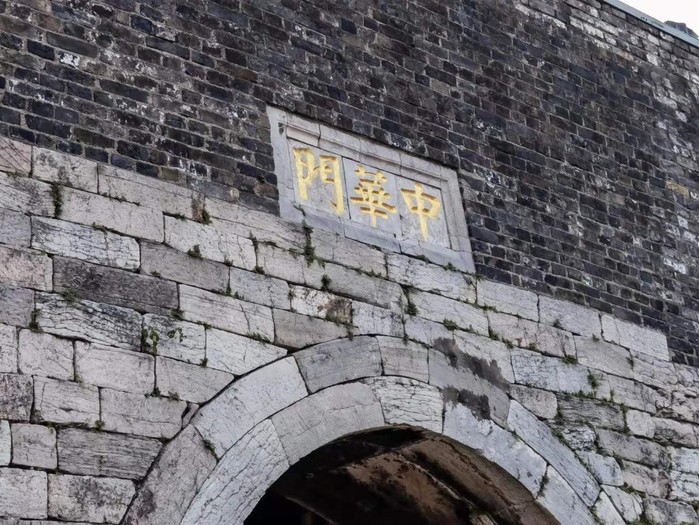In order to promote Nanjing's history and culture to foreign students, the School of International Exchange organized an online cultural tour on December 13, 2021.
The first stop of this activity was the China Gate, which is known as the World's First Urn City. The name Urn City comes from the ancient times when the soldiers trapped their enemies in the gate as if they were locked in a weng, hence the name. On top of the city tower is the Chinese Gate's History Science Museum, during which the international students learned about the legendary Treasure Pot and Chinese Feng Shui doctrine.

The second stop on this tour was the Old Mendon. It is named Mendong precisely because it is on the east side of the city wall. The Pioneer Bookshop in Mendong is a typical Huizhou-style building, and is known as the first wooden building in Nanjing. Outside the Pioneer Bookshop is an interlocking street, and along the main road there are many famous shops in Nanjing: the Red Mansion, the De Yunshe and many more. These ancient buildings and life-like sculptures amaze international students. Children playing shuttlecock, mothers feeding tea ...... and other such sculptures seem to transport everyone back to the Jinling of a thousand years ago.

The third stop of the event was in the Fuzi Temple area. Although many shops were temporarily closed due to the epidemic, there was still a lively and unpretentious atmosphere with adults and children passing by and hawkers yelling. Here, international students were able to experience the richness and simplicity of the city, where history and culture meet modern civilisation. The street-side snack shops in Fuzimiao showcased a variety of Nanjing specialties, and the international students said they would like to come to Fuzimiao to taste Nanjing food when they have the chance.


The city's thousands of years of history cannot be exhausted by the soft spoken language of the boats passing by on the Qinhuai River. The event showed the unique cultural style of Nanjing to foreign students, but also allowed them to learn more about Chinese culture and promote the harmonious exchange between nationalities and cultures.


